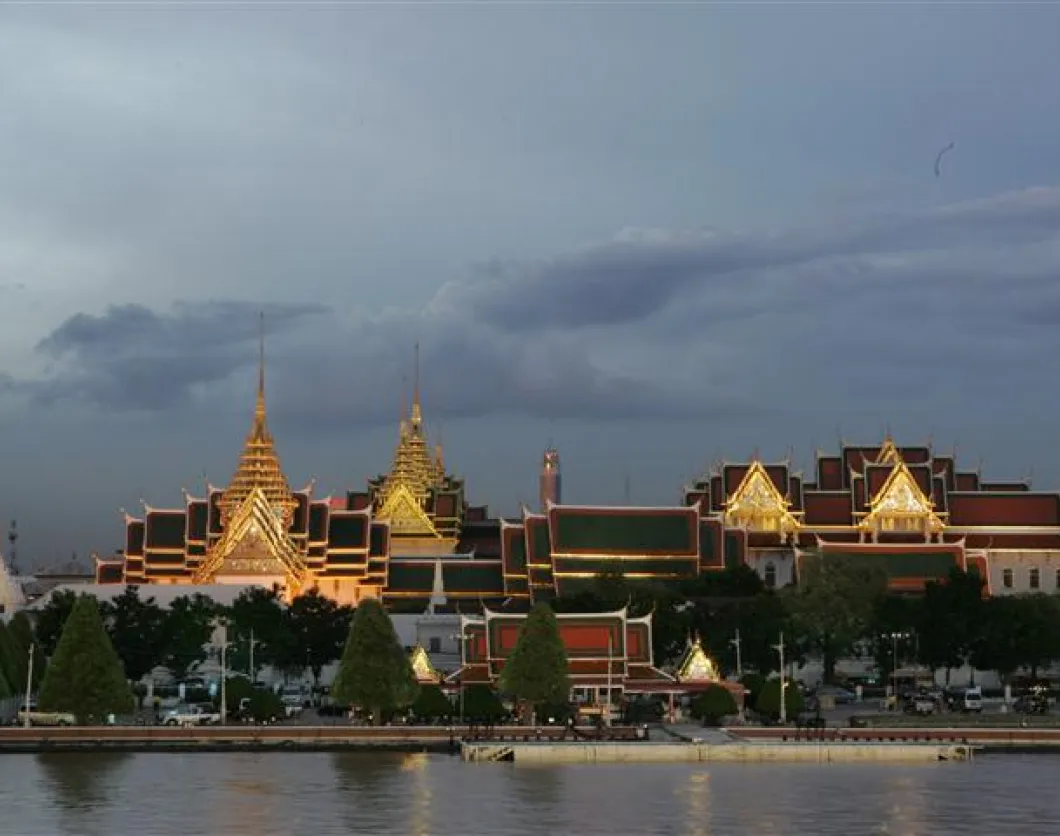Thailand has long been known as a premier destination for tourism. Over the years, millions from all over the world have been drawn to Thailand for its pristine sandy beaches, rich culture and history, luxury resorts, world-class spas, golf courses, shopping and signature cuisine. Best of all, the range of accommodation and leisure options available is nearly limitless, allowing for travelers of almost any budget.
In recent years, Thailand has also been attracting an entirely new type of foreign visitor, namely those seeking high value, quality medical services. Starting in 1997 with the Asian economic crisis, a large number of Thai medical institutions shifted their marketing focus on the emerging market of foreign nationals that were either unable to receive care in their own country, or were merely dissatisfied with the level of service and extensive waiting times required for procedures at home.
Lower costs were the initial driving factor for foreign patients seeking treatment in Thailand. Despite its modern facilities and highly qualified physicians, the costs of Thailand’s medical services are typically 40% lower than in Europe and 60% lower than in the USA.
Medical centers in Thailand often surpass regional medical markets in terms of offering the complete package, with breakthrough medical technologies, high quality amenities and facilities, and unprecedented patient services. Significant cost savings and the ever increasing number of internationally accredited hospitals have combined to make Thailand a significant player in the world of global healthcare. Thailand now boasts 4 hospitals accredited by Joint Commission International (JCI), the leading US-based medical certification agency worldwide, with several more currently undergoing review.
The number of international visitors to Thailand for medical reasons has doubled in the last five years and shows no signs of slowing down. Great Britain leads the way with the most foreign visitors, followed by the United States, the Middle East (UAE, Kuwait, and Oman), Germany and Australia respectively.
Another factor contributing to Thailand’s popularity as a medical destination has been the wealth of recuperation options available. Particularly in the realm of elective procedures that do not require medically assisted recuperation, such as minor cosmetic surgery, the lure of taking a short post-operative holiday to visit Thailand’s numerous attractions or destination getaways make it a very attractive alternative to regional competitors such as India or Singapore.
Initially visitors primarily chose Thailand for its holistic spa treatments, cosmetic surgeries and dental procedures. As these types of treatment are not generally covered by insurance carriers, the option to have the desired treatment in Thailand for a mere fraction of the cost even after including airfare, accommodation and holiday recuperation, made it a natural choice for cost-conscious medical travelers.
Nowadays more complicated procedures such as knee replacements, hip replacements, spine surgery and heart surgeries are increasingly in demand. This new trend is due in part to foreign health insurance companies recognizing the quality of Thai healthcare and offering to cover treatment expenses. In order to motivate people to come out to Thailand, a growing number of health insurance companies even offer recuperation packages to their plan holders.
Chiang Mai, Phuket, Pattaya and Koh Samui are some of the most popular recuperative destinations in Thailand. Not far from Bangkok where most of the procedures are carried out, they are also home to some of the most luxurious resorts in the region. Whereas the northern city of Chiang Mai offers breathtaking mountains and ancient temples to explore, Phuket, Pattaya and Koh Samui enjoy picture perfect emerald seas and white sand beaches lined with palm trees.
To further simplify matters, satellite clinics and network hospitals have been created in all major cities throughout Thailand to ensure seamless patient services for check-ups or follow-up treatments during the recuperative holiday. This allows for patient records and medical details to follow the patient throughout their stay in the kingdom, as well as provide instant communication with the attending physician for any special aftercare assistance.
When considering global healthcare, it is important to be well prepared before traveling for treatment. Fortunately, there are a number of reputable companies that can help make all the necessary arrangements and give patients professional guidance both in terms of finding the right hospital and planning the appropriate recuperation program.









